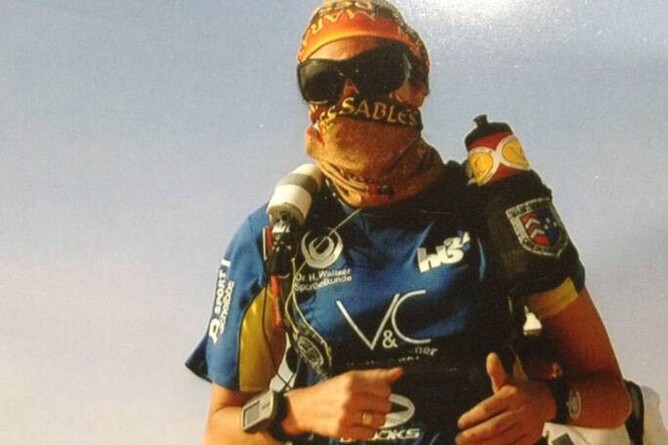Getting the structure right is key to success
From a post by Journalist Peter Thornton
"One of New Zealand’s greatest ultrarunners says it’s awesome to see people hitting the streets in huge numbers during lockdown but has urged them to have a training plan.
Throughout her 25 year career, Lisa Tamati competed in over 140 ultramarathons around the globe, totalling over 70,000km of running.
She retired five years ago and is now a coach alongside her business partner Exercise Scientist Neil Wagstaff to over 700 athletes.
Running is one of the few activities New Zealanders can do at all Alert Levels and Tamati says it is common for people to get into running and go too hard, too soon.
“I’ve dedicated my life to running all over the world, and it’s one of the most rewarding sports you will ever get into,” says the 52-year-old from Taranaki.
“But most runners don’t come to us until they are injured. Everyone thinks that running is easy and that you put one foot in front of the other and it’s a simple thing: You buy a pair of shoes and then off you go.
“It’s not. It’s a skill like ballet that you need to work on and perfect. You need good form, you need strength and mobility, you need a coach and a properly structured plan.”
Marathon season has arrived. Between now and late November (Covid-19 permitting), there are a number of marathons on around Aotearoa including the Auckland, Tauranga, Wellington, Queenstown and Dunedin marathons and a ton of ultramarathons.
ACC data shows from 2016 – 2021 (31 July) there were 81,845 claims accepted for running related injuries which cost $52.6 million to help people recover.
In 2020, there were 14,294 new claims accepted for running injuries, which cost $10.2 million. The number of new claims was the highest since 2017 and the cost was the highest in the last five years.
On the back of Covid-19 lockdowns, there were 4111 running injuries in Spring 2020 (September, October, November) – the highest since 2016.
“This is encouraging as the popularity of running events and running for general fitness seems to be increasing,” says ACC Injury Prevention Partner Natalie Hardaker.
“Alert Level 3 and 4 are the ideal time to get into running, but it’s important to have a plan so you can make the finish line. Make sure you build into your training slowly.”
From 2016 – 2021 YTD (31 July), the 40-44 age group had the most running related injury claims (9,712) ahead of 25-29 (8,669) and 35-39 (8,575).
Of the 14,294 injury claims for running in 2020, 13,136 were soft tissue injuries (92 percent), 457 (3 percent) were punctures/ cuts or stings and 314 (2 percent) were fractures and dislocations.
Every year ACC invests around $80 million into injury prevention.
"We want to support all Kiwis in doing the sport and activity they love, and good physical preparation combined with rest and recovery will help you stay injury-free and achieve your goals," says Hardaker.
Tamati hosts the health, fitness and medicine podcast “Pushing the Limits” – a globally top 200 ranked show and is an experienced international speaker. She says stress promotes injuries.
“When you’re stressed, your body is tighter, your immune system is down and your digestive system isn’t working as well. Learning to manage our stress levels is so important.”
Tamati is currently coaching people in the corporate environment because she says New Zealanders are stressed like never before during COVID-19.
“I’ve been a speaker for around 15 years and these days I get so many requests on stress management and resilience. People are really struggling right now.
“Getting out in the elements for a run is great for your mental health. We need to be out in nature, in the sunshine and pushing ourselves. It’s part of our DNA and is hugely beneficial to our mental and physical wellbeing.”
